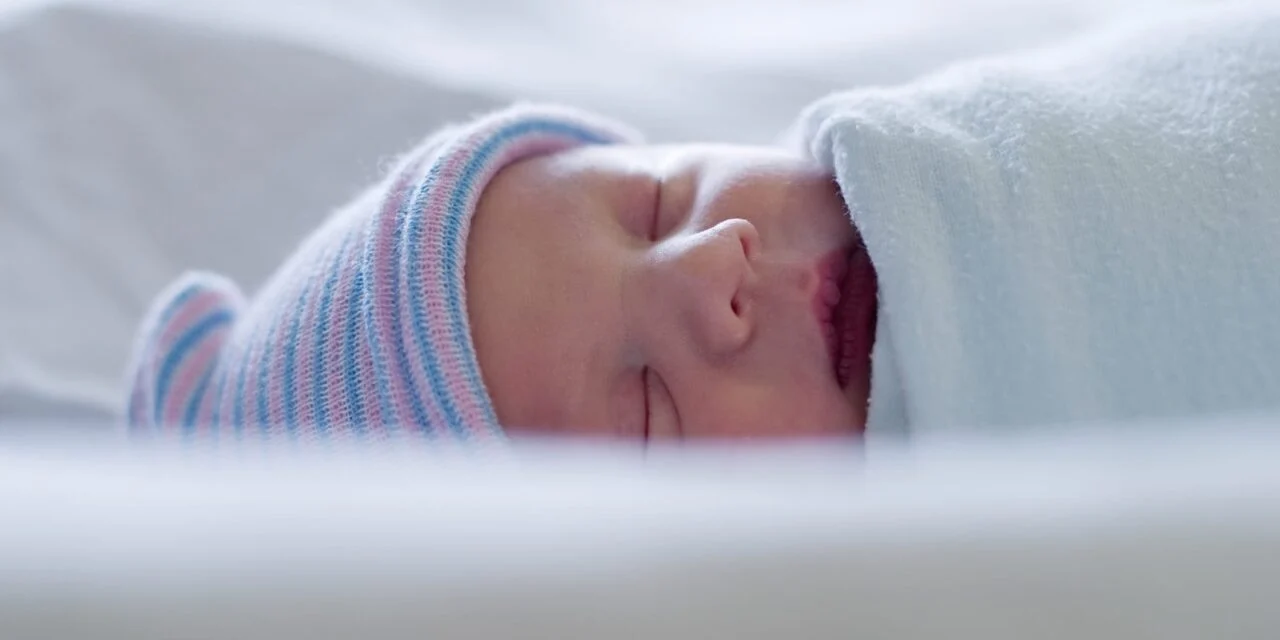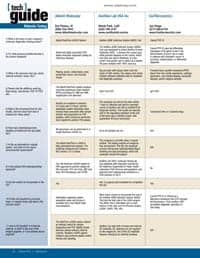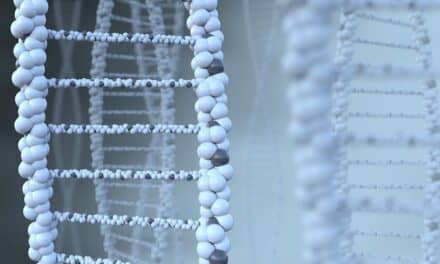BEACONS, a multi-state collaboration led by Mass General Brigham and Ariadne Labs, will enroll up to 30,000 newborns to explore adding genomic sequencing in US newborn screening.
The National Institutes of Health (NIH) has awarded $14.4 million to launch BEACONS (Building Evidence and Collaboration for GenOmics in Nationwide Newborn Screening), a multi-state initiative that will pilot the integration of whole genome sequencing into existing state newborn screening systems.
The study, led by Mass General Brigham and Ariadne Labs alongside Boston Children’s Hospital, Albert Einstein College of Medicine, the Association of Public Health Laboratories (APHL), Case Western Reserve University, and Baylor College of Medicine, will recruit and enroll up to 30,000 newborns in as many as 10 states over the next three years. Sequencing partners GeneDx and Illumina are also participating in the initiative.
The project aims to provide national evidence that genome sequencing can be implemented responsibly and sustainably through public health newborn screening programs, with the potential to scale beyond the initial 30,000 newborns.
“For more than 50 years, newborn screening has been a beacon of trust, saving children’s lives by analyzing a few drops of blood after birth,” says Robert Green, MD, MPH, contact and co-lead investigator at Mass General Brigham and Ariadne Labs, in a release. “BEACONS brings the next generation of hope, giving families the option of genomic screening for hundreds of additional conditions that can be treated from birth, in an era when gene and cell therapies are rapidly expanding treatment possibilities.”
Laboratory Integration Focus
APHL’s newborn screening and genetics program directors Jelili Ojodu, MPH, and Sikha Singh, MHS, PMP, serve as co-investigators and will provide leadership to align the study with state public health laboratories and programs. By working collaboratively with existing newborn screening programs, the initiative aims to build a sustainable roadmap for incorporating genome sequencing into US public health practice.
The research team will select which genetic conditions to include in screening with input from rare disease advocates, state public health laboratories, and evidence from prior research studies.
“We will be developing a list of conditions which, when identified early, can meaningfully improve the health of a child,” says Nina Gold, MD, MS, co-lead investigator at Mass General Brigham, in a release.
Clinical Impact and Implementation
The initiative addresses the diagnostic challenges faced by families dealing with rare diseases, where lengthy diagnostic processes can delay treatment.
“Knowledge is power. Identifying early that a child has a treatable or preventable condition gives the child the best chance for a healthy life,” says Ingrid Holm, MD, MPH, co-lead investigator at Boston Children’s Hospital, in a release. “It also means parents won’t have to go through the long diagnostic odyssey that is so common in children with rare diseases, sometimes delaying a diagnosis until it is too late to provide treatment that could change the course of their medical outcome.”
The study will require parental education and consent before enrolling newborns. Parents will be invited to participate in surveys and interviews about their experiences, and a Community Advisory Board will contribute insight to address ethical, legal, privacy, and social considerations of newborn sequencing.
“We will rely on the input of parents and community leaders to make sure that newborn screening expansion is done in a thoughtful and transparent way,” says Melissa Wasserstein, MD, co-lead investigator from Albert Einstein College of Medicine and Children’s Hospital at Montefiore Einstein, in a release. “This is about building trust as much as building science.”
The BEACONS initiative is funded through the NIH Common Fund Venture Program under award 1OT2OD040029-01.
ID 1354938 © Vividpixels | Dreamstime.com




